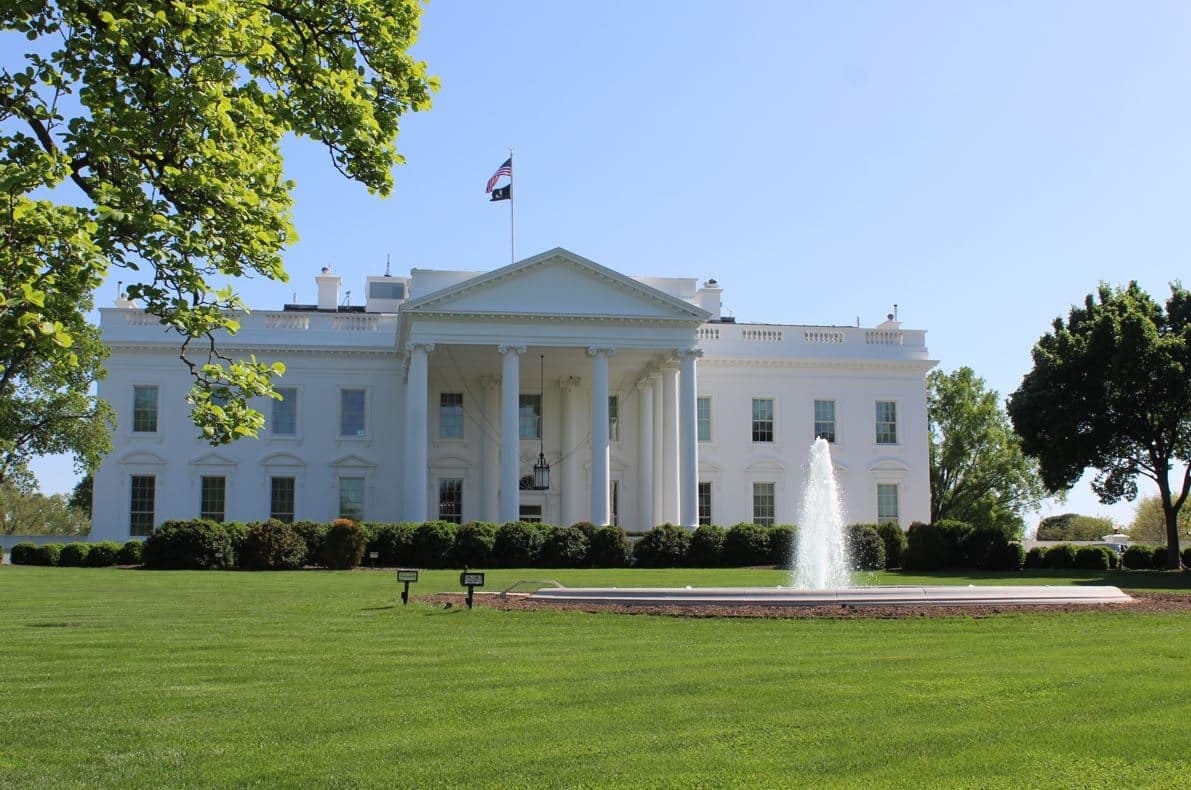GOP Debt Ceiling Proposal Declared DOA by OMB

WASHINGTON — It came as no surprise, but the House Republican debt-ceiling plan known as the “Limit, Save, Grow Act of 2023” will be dead on arrival should it somehow make it to President Joe Biden’s desk, the White House Office of Management and Budget said on Monday.
“The administration strongly opposes the Limit, Save, Grow Act of 2023, which is a reckless attempt to extract extreme concessions as a condition for the United States simply paying the bills it has already incurred,” the office said in a lengthy statement released ahead of the House Rules Committee’s scheduled consideration of the bill.
“The president has been clear that he will not accept such attempts at hostage-taking,” the OMB said.
Should the bill clear the Rules Committee, as expected, it could be considered by the full House later this week, though there are still, reportedly, several Republican holdouts refusing to support it.
“House Republicans must take default off the table and address the debt limit without demands and conditions, just as the Congress did three times during the prior administration,” the OMB added.
If not, the House can expect the president to veto the measure.
It is the White House’s position that Congress has a “solemn obligation” to prevent default and ensure the United States meets its obligations to its creditors.
“While taking the full faith and credit of the United States hostage is irresponsible under any circumstances, this legislation would ask hard-working Americans, the middle-class, seniors, children, and people with disabilities to shoulder the burden of devastating cuts, while doing nothing to ensure that wealthy or large corporations pay their fair share,” the OMB said.
“In fact, per an estimate by the Congressional Budget Office, the bill would enable wealthy people and large corporations to cheat on more than $100 billion in taxes over the next decade.”
According to an independent analysis by Moody’s Analytics, the Limit, Save, Grow Act of 2023 would cut into near-term economic growth if passed into law.
In fact Moody’s found under the so-called “clean” debt limit increase the Biden administration is advocating for, the economy could grow 2.25%, while under House Speaker Kevin McCarthy’s plan it would grow only 1.6%.
“While the economy skirts recession in both scenarios, recession risks are uncomfortably high, with a consensus of economists and many investors and business executives expecting a downturn beginning late this year or early next,” the Moody’s analysis says, adding that “the timing of the government spending cuts in the Limit, Save, Grow Act is thus especially inopportune as it would meaningfully increase the likelihood of such a downturn.
“Indeed, under the legislation, GDP growth is so weak that employment declines in the first three quarters of 2024, and the unemployment rate rises by more than a percentage point, to 4.6%, by the fourth quarter of 2024,” the analysis says.
“Compared with the Clean Debt Limit scenario, by year-end 2024, employment is 780,000 jobs lower, and the unemployment rate is 0.36 percentage point higher,” it added.
In addition, Moody’s analysis sees the deep government spending cuts that are at the core of the Limit, Save, Grow Act as substantial headwinds to near-term economic growth.
That’s because the $120 billion in cuts the Republicans are proposing in fiscal year 2024 will impact government services that tend to benefit lower-income households, which tend to quickly spend any support they receive from the government.
Without that money flowing through the economy, add-on economic activity — the so-called multiplier effect — will slow.
“Adding to the economic headwinds created by the legislation is the considerable uncertainty created by having to address the debt limit again a year from now. Given that 2024 is a presidential election year, that future debt limit drama may well be even more heated than the current one,” the report said. “This is sure to weigh on investor, business and consumer confidence and thus economic activity.”
“Altogether, this legislation would not only risk default, recession, widespread job loss, and years of higher interest rates, but also make devastating cuts to programs that hard-working Americans and the middle-class count on,” the OMB said.
“The bill would make it easier for wealthy tax cheats to avoid the taxes they owe, even as House Republicans are advancing other proposals that would spend trillions more on tax cuts skewed to the wealthy and big corporations, undoing much or all of the deficit reduction in this legislation,” it added.
As previously reported by The Well News, the Treasury Department began implementing what Treasury Secretary Janet Yellen called “extraordinary measures” to prevent a default in January, just as the national debt approached the roughly $31.4 trillion cap set by the last, Democratically-controlled Congress.
At the time, Yellen explained that it is unclear exactly when the nation will reach the so-called X-Date and default on its obligations, or when the Treasury might exhaust those extraordinary measures, but Congress is expected to have until sometime in the summer to raise the debt limit, or risk a default.
Moody’s sets the deadline much closer, though it admits determining the exact date is difficult.
“It depends on the timing of highly uncertain tax receipts and government expenditures.”
Since Moody’s Analytics began estimating the X-date early this year, it has been pegging it at about mid-August.
“But April tax receipts are running 35% below last year’s pace, which is meaningfully weaker than anticipated. And despite weaker tax refunds than anticipated, it appears that the X-date may come as soon as early June. If not, and Treasury is able to squeak by with enough cash, then the X-date looks more likely to be in late July,” Moody’s said.
In the current political environment, Moody’s says passing meaningful legislation and getting it “across the finish line into law,” will be “messy and painful to watch.”
“But when all is said and done, the legislation that lawmakers ultimately pass will likely be anticlimactic, allowing both House Republicans and President Biden to declare political victory,” the analyst said.
For House Republicans,” Moody’s said, “the legislation may include some restraint on the future growth in discretionary spending, a clawback of unused COVID-19 relief funds, and a streamlining of permits for energy development to allow House Republicans to declare victory. For the president, he can argue that these concessions were modest and simply part of the typical budget process and not a quid pro quo for a debt limit increase.”
Dan can be reached at [email protected] and at https://twitter.com/DanMcCue
























